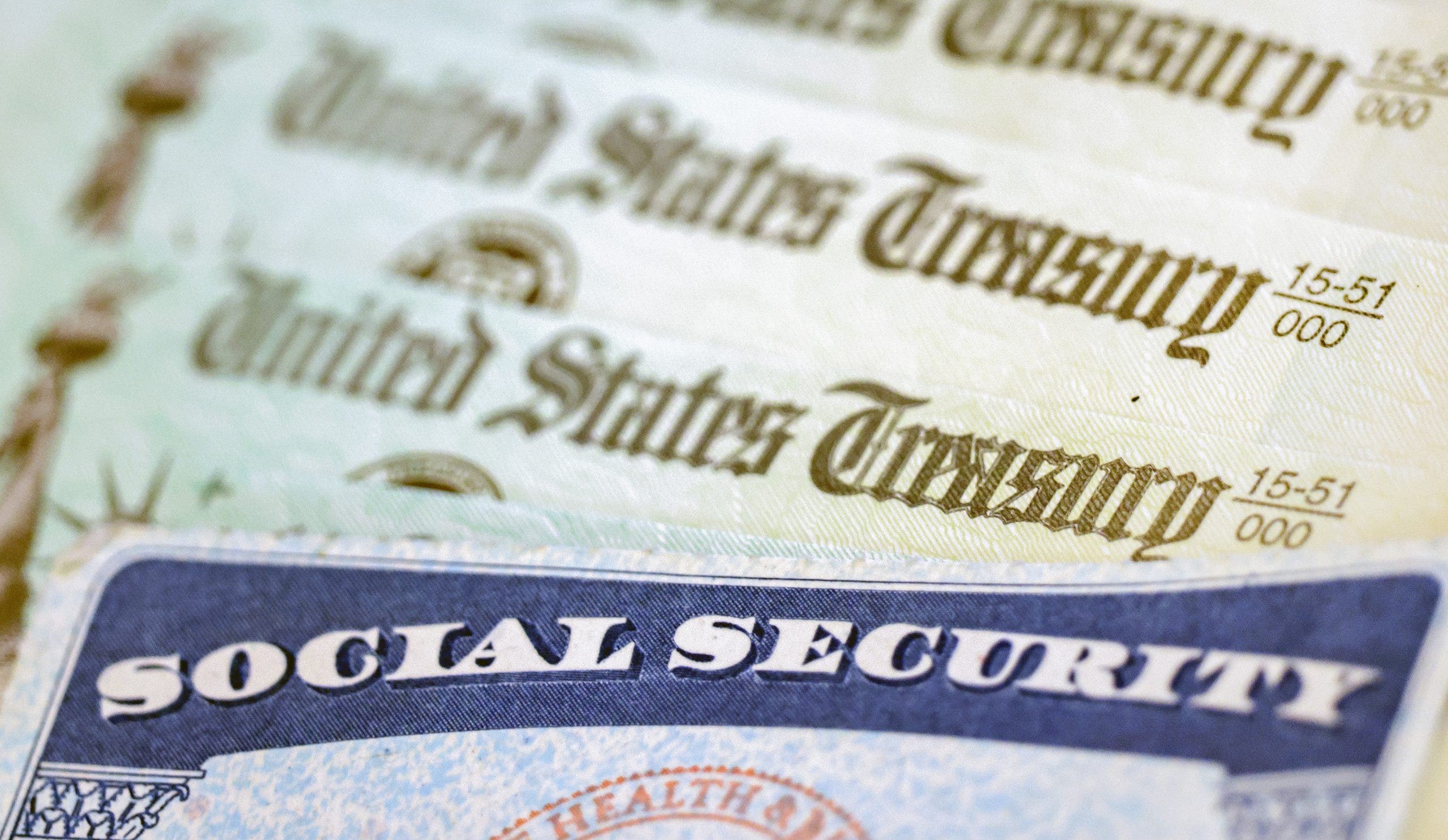Your SSN is on the dark web, here’s what to do about it

Your Social Security number is one of the most critical pieces of personal information you possess. Unfortunately, it is likely that your SSN, along with those of all other Americans, has been leaked and sold on the Dark Web. This can lead to identity theft and various fraudulent activities being carried out in your name. However, there are steps you can take to protect yourself and safeguard your identity.
One important measure you can take to protect your Social Security number is to utilize the government’s free Self Lock feature. This tool prevents your SSN from being used for unauthorized employment verifications. By setting up an E-Verify account online, you can easily activate this feature. Alternatively, you can request a block by contacting the Social Security Administration directly, although be prepared for potentially long wait times.
It is also crucial to stay proactive in monitoring your SSN and related activities. The my Social Security account allows you to access your earnings and benefits history online for free. By checking this information regularly, you can ensure that there are no discrepancies or unauthorized activities associated with your SSN.
There are several red flags to watch out for that may indicate your SSN has been compromised. These include receiving unexpected bills or statements for accounts you did not open, receiving tax forms from unfamiliar employers, or experiencing issues with tax filings due to someone else using your SSN. If you notice any of these signs, it is important to act quickly and report the fraudulent activity to the relevant authorities.
In the event that you suspect your SSN has been stolen, it is crucial to take immediate action. Contact the Federal Trade Commission or the IRS to report the identity theft and receive guidance on how to recover your identity. Additionally, reach out to your financial institutions and insurance providers to inquire about fraud and identity theft protection services that can help secure your accounts.
By remaining vigilant and taking proactive steps to protect your Social Security number, you can reduce the risk of identity theft and safeguard your personal information. Remember to regularly monitor your SSN-related activities and report any suspicious signs of fraudulent activity promptly.




